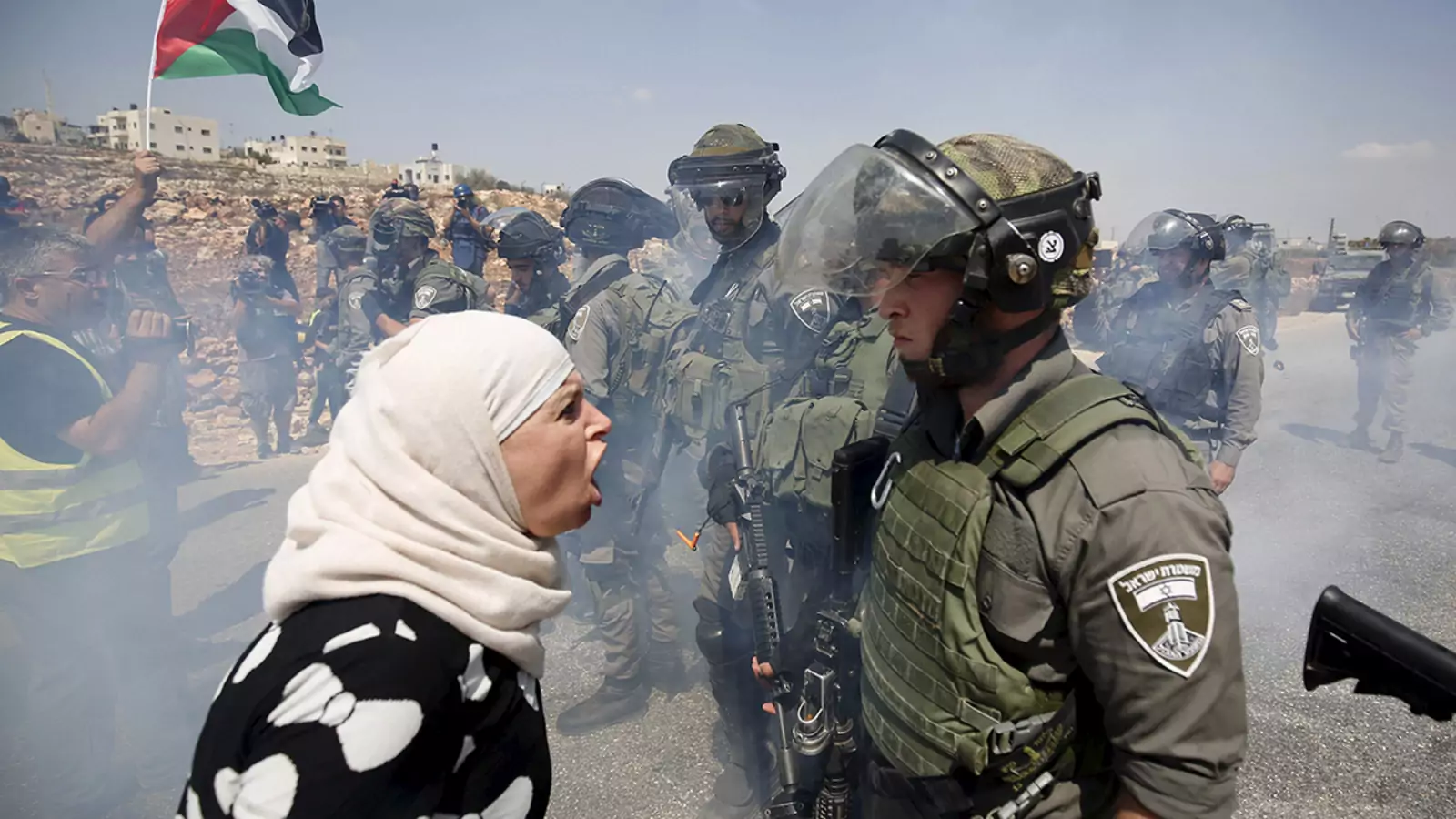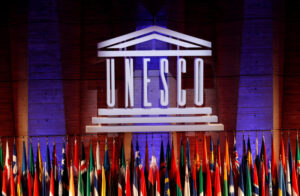For decades, analysts and international relations experts have argued over the evils of colonial powers’ interventions abroad and their secret covenants that created conflict zones around the globe. In Arabian Peninsula, stark contradictions between British Foreign Secretary Arthur James Balfour’s declaration, the Sykes-Picot Agreement and the Hussain-McMahon Correspondence particularly provides a clear picture of the conflict that was about to turn into an Arab-Israel issue.
A century later, the world has just witnessed yet another sorrowful outbreak of violence between Hamas and Israel, a confrontation with far-reaching implications, not limited to suppression of Muslim voices and the loss of innocent lives. In the midst of this conflict, the role of media remains critical, as how events and narratives are depicted may either serve to ameliorate the conflict through constructive journalism or intensify the crisis through bad or biased reporting.
Israel-Palestine Conflict: October 7 Escalation
Recent escalation of violence began on October 7 when Hamas launched massive strikes on Israel, ostensibly in response to what they perceive as a forceful occupation of the territory that historically belonged to Palestine. Subsequently, Israeli forces declared war and initiated bombardments on Gaza starting on October 8.
Hamas is an Islamist movement with political aspirations that has governed the Gaza Strip since 2007. This small region, encompassing 365 square kilometers and home to over two million Palestinians, has long been under Israeli sanctions. Hamas began as an armed unit of the Egyptian Muslim Brotherhood and created a military wing to engage in armed struggle with Israel to reclaim ancient Palestine. The organization has also given social assistance to Palestinians subjected to the harsh reality of Israeli occupation.
Multi-Dimensional Nature of Conflict
The conflict between Israel and Palestine is far from being one-dimensional.
Military theorist Carl von Clausewitz famously stated that “War is merely the continuation of policy by other means.”In essence, warfare is not driven by a thirst for revenge or punishment but by the pursuit of political objectives. In Israel’s case, it justifies its actions as self-defense, asserting that it is safeguarding its interests and those of Western nations. Nevertheless, some perceive these actions as more aligned with an effort to legitimize its forceful occupation of Palestine, which has deep historical and religious significance to Palestinian Muslims all over the world.
The violence that has now engulfed Gaza, has evennullified the essence of Balfour Declaration, 1917, that read:
“His Majesty’s Government view with favour the establishment in Palestine of a national home for the Jewish people, and will use their best endeavors to facilitate the achievement of this object, it being clearly understood that nothing shall be done which may prejudice the civil and religious rights of existing non-Jewish communities in Palestine or the rights and political status enjoyed by Jews in any other country.”
Dr. Mustafa Barghouti, a Palestinian physician and activist, warned that ‘the ultimate objective of Israel’s actions may be ethnic cleansing not only of Gaza but also of the West Bank, adding another layer of complication to the Israel-Palestine conflict.’
West, Media and Neutrality for Peaceful Solutions
Western states must maintain a stance of neutrality if peace is ever to be achieved between Israel and Palestine.
Encouraging one party to use force over another does not lead to lasting solutions. Unfortunately, major powers, including the United States, have been seen as endorsing what some view as Israel’s aggressive actions.
Not restricting to verbal support but the power of Western media is not limited to superpowers; its global reach makes it a crucial player in presenting a comprehensive and fair view of this challenging issue. Instead of promoting narratives that favor one side or obscure reality on the ground, these media outlets should strive to report objectively, giving voice to the Palestinian population’s aspirations for freedom and acceptance of their goals. This approach can contribute to creating an environment where honest interaction and cooperation become possible.
Despite the conflict’s complexities, conversation and mutual understanding among the parties concerned remain the most realistic options for settling the issue. The Palestinian struggle is centered on the aspiration for independence, self-determination, and autonomy.
Pursuit of Peace: Conversations, Understanding, and Autonomy for Palestinians
The Israel-Palestine conflict has left many questions unanswered and resulted in profound suffering, particularly pertaining to decades-long displacement of Palestinians.
Recent conflicts have highlighted the deadly potential of using digital means to exacerbate a drastic situation. As the world watches, responsibility for ending this violent chapter falls not only on Hamas and Israel but also on all involved stakeholders, particularly Western nations and media outlets, which may inadvertently encourage what some view as Israel’s inhumane actions.
This is not a call for passivity or silence but an appeal to uphold international law, promote communication and negotiation between Israel and Hamas, and actively engage in the pursuit of peace without taking sides. Bias in reporting on conflicts only deepens polarization and prolongs suffering in the region. The hope is that, one day, Israeli and Palestinian children will grow up in the light of peace, not in the darkness of conflict, thanks to a concentrated, neutral effort.
Sara Nazir is an Islamabad-based researcher with a background in Strategic Studies & area of interest is non-traditional warfare. She can be reached on saranazeer2@gmail.com & @SaraNazir13 (on X).




